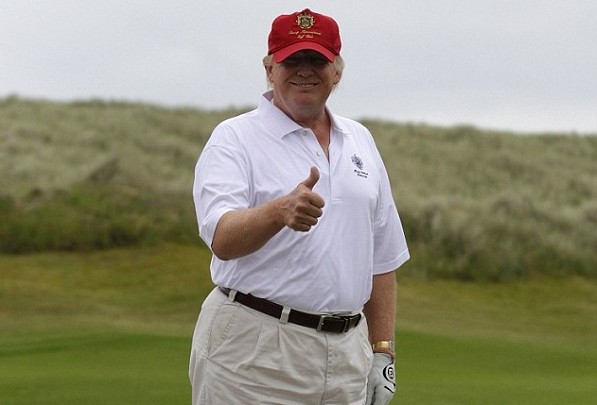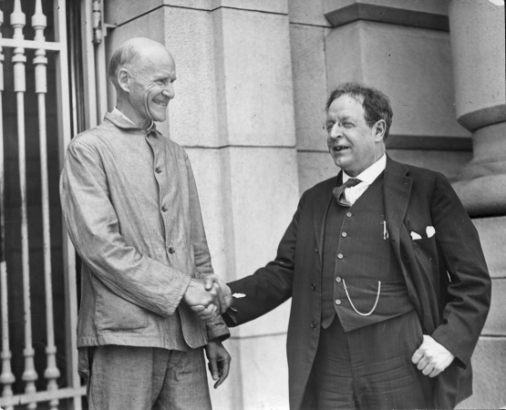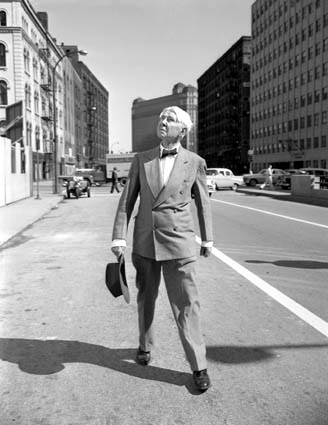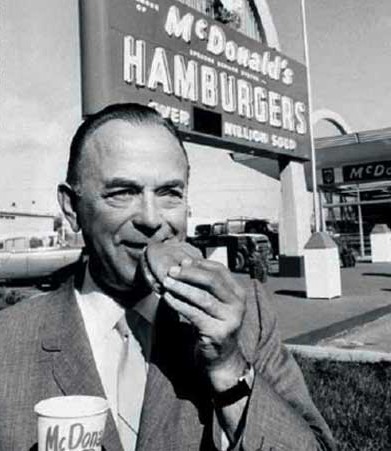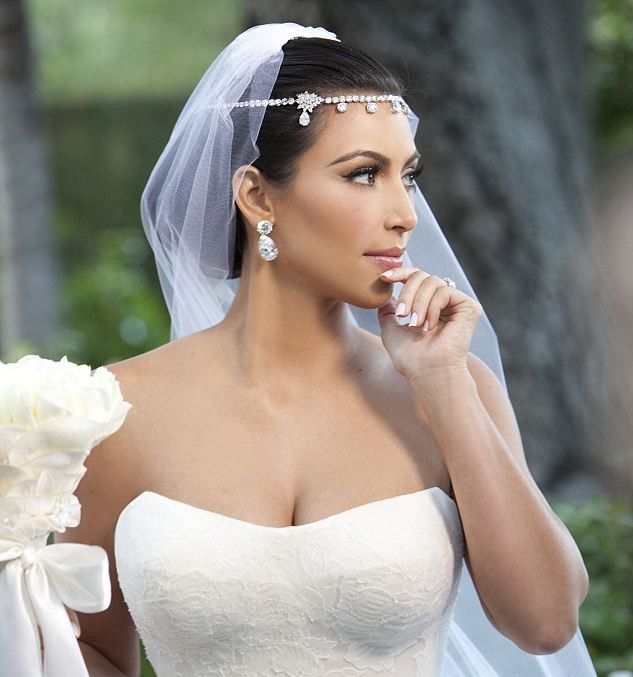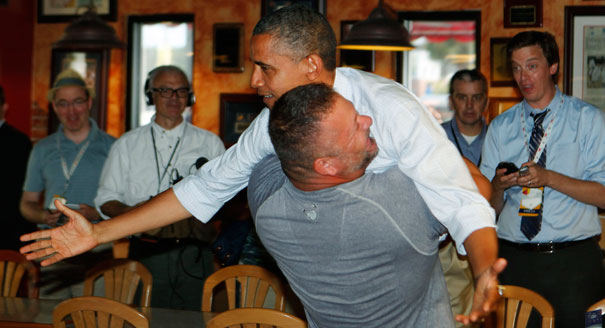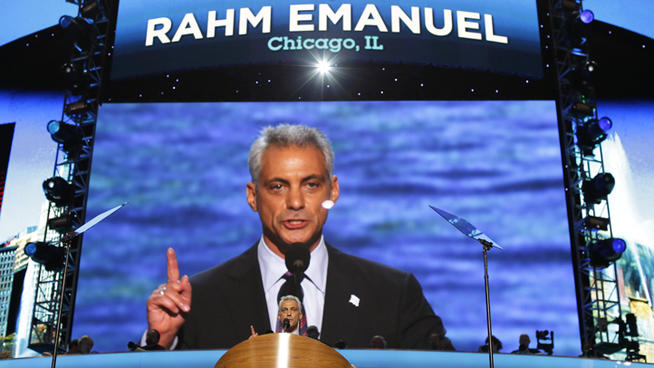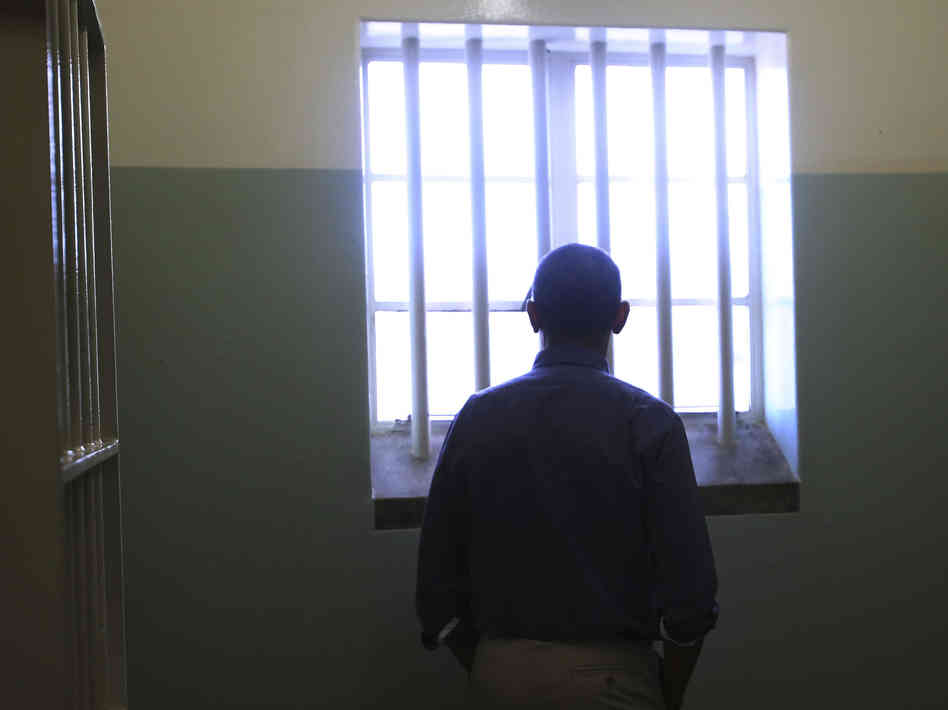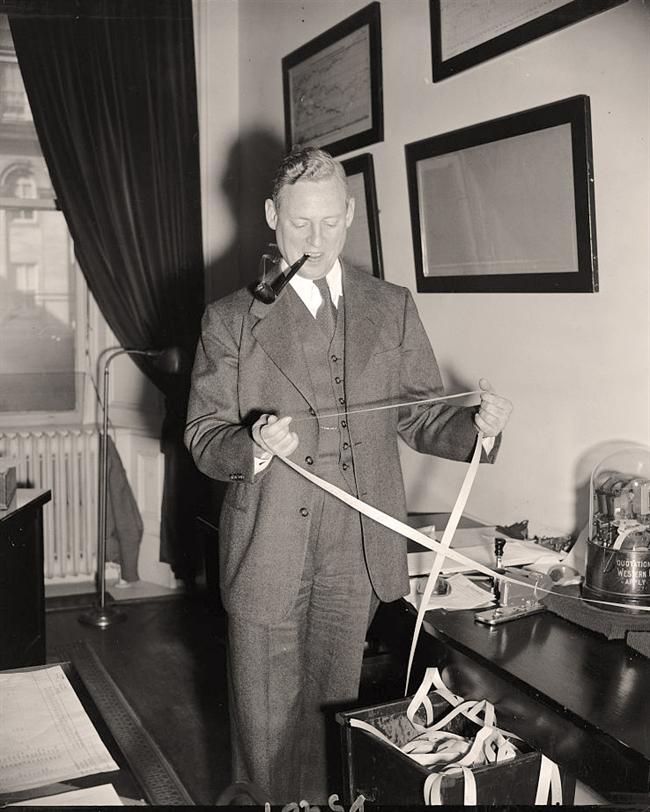There’s nothing the hideous hotelier Donald Trump has said or done that’s outside the modern Republican Party playbook. He just refuses to use soft, coded language to sell his extremism, which has been the hallmark of the GOP since the rise of Newt Gingrich. So when he disgustingly labels President Obama (“Kenyan”) or Mexicans (“rapists”) or John McCain (“captured“), he’s just boiled down the mindset of conservatives to its essence. And if you think the McCain remarks were somehow out of character for Republicans, see how John Kerry or Tammy Duckworth feel about that.
The positive response to Trump among many registered Republicans is really no surprise. The more radical band, from Christian conservatives to the Tea Party, is weary of being used by the Karl Roves of the world to consolidate power. They’re angry and they want someone who’ll speak to that anger. The racist Birther buffoon may fall from the penthouse, but his followers–both a torch-carrying mob and the Frankenstein monster the party has created–will still be there. They can’t be controlled, and that’s the logical outcome for the GOP, which has spent decades cultivating anger over threatened privilege.
From Edward Luce in the Financial Times:
Any moment now, the most buffoonish, prejudiced, egomaniacal candidate in recent Republican history will implode. All that will be left to remind us of our brief spell of folly will be those neon signs flashing “Trump” on skyscrapers and casinos around the country. At that point, thank goodness, we can resume politics as usual.
Alas, the cognoscenti are kidding themselves. US politics will not pick up where it left off. Even if Mr Trump becomes the first recorded human to be lifted skywards in rapture — the “end of days” scenario to which some of his fans subscribe — he will leave a visible mark on the Republican party.
In a field of 16 candidates, when one polls a quarter of the vote it is the equivalent of a landslide. Mr Trump’s detractors, who form arguably one of the largest bipartisan coalitions in memory, comfort themselves that he is simply on an ego trip that will turn sour. That may be true. But they are missing the point. The legions of Republicans flocking to Mr Trump’s banner are not going anywhere. If he crashes, which he eventually must, they will find another champion.•

